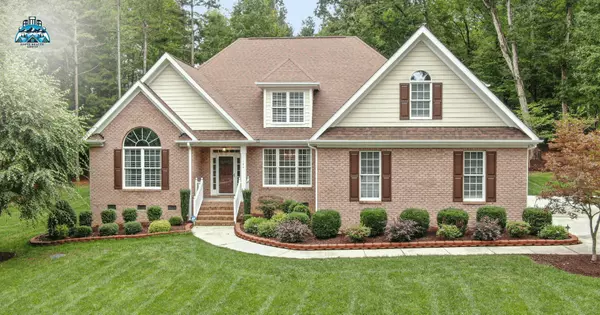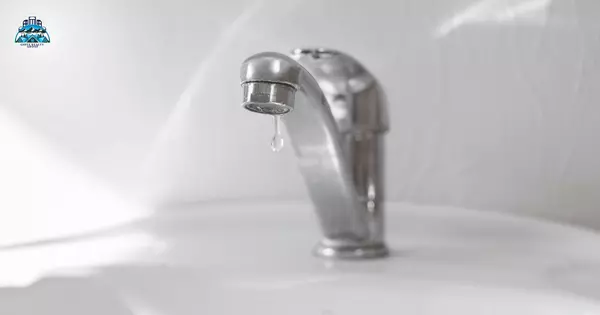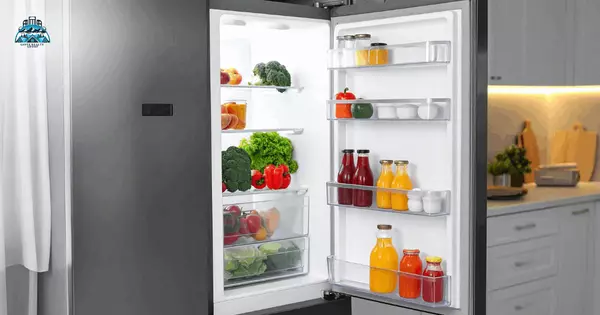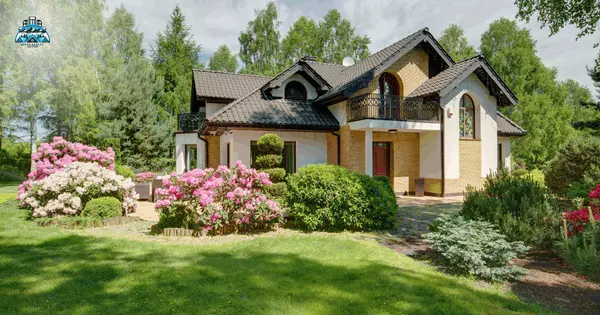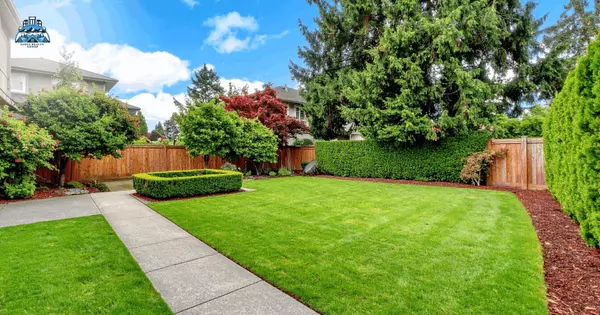
Planning a Casual Backyard Get-Together
Planning a casual backyard get-together does not require elaborate preparation to be enjoyable for both hosts and guests. The focus should remain on comfort, conversation, and connection rather than trying to create a perfect setting. Simple planning choices often help create a relaxed and welcoming
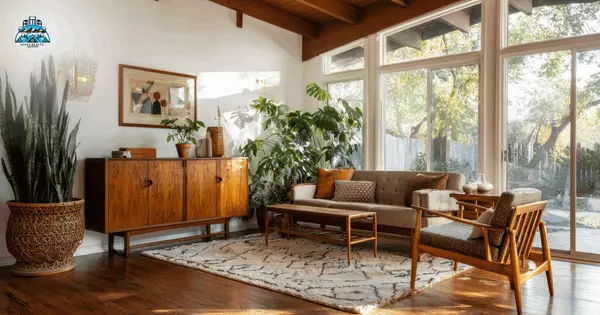
Simple Ways to Check Lighting in Every Space
Lighting plays a major role in how a home feels and functions. Each room needs a different approach based on its purpose. Start by observing natural light throughout the day. Notice how the light changes in the morning, afternoon, and evening. Check whether windows bring in enough brightness for you

Setting Up a Relaxing Picnic Area in Your Yard
Creating an outdoor picnic area in your yard is a simple way to make mealtime more enjoyable. It doesn’t take much to turn a corner of your space into a gathering spot. Start by choosing a location with shade or partial sun, depending on the time of day you plan to use it. Grass, patios, or decks al
Categories
Recent Posts


